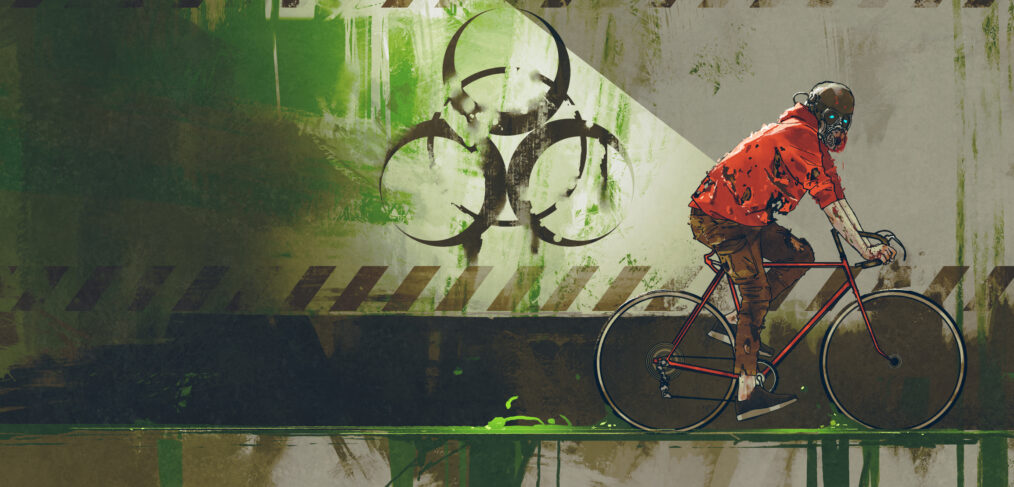Poisons are the people, things, or situations you know are bad for you, yet they remain in your life. You likely have some poison in your life—everyone has. You may be one of the lucky ones who can recognize those situations right away and take decisive action. Or, like me, you rationalized, denied, or had an uncontrollable urge to keep them in your life. Most of these toxic elements in your life have their upside. They made you feel good in some way—at least in the short term, and that good must be intensely good because it is compelling you to live with the extreme negative aspects or consequences. The good part also may be a “potential good” or just imagined—a carrot just out of reach that never comes closer. The fundamental question is, why do you keep these poisons in your life? Why do you subject yourself to their ravages?
We’ve all been there. You have a situation in which you’ve been wronged in some way. It might be a series of inconsiderate drivers, loud neighbors, or a company that just can’t get their billing right. You’ve been wronged, you’re the injured party, and you’re fed up. Initially you might calmly, and even patiently, try to resolve the situation. It hasn’t gotten under your skin yet, but you’ve gotten to the point where you need to take action. But when nothing changes, your righteous indignation begins to bubble up. Your eyebrows raise, and you think, now wait a minute.
Self-loathing is so easy. Everyone has setbacks or makes mistakes, and many go through a period of being very hard on themselves afterward. After a mistake, you may be focused on the consequences or the sequence of events that led up to the mistake, but many people make beating themselves up a higher priority. Of all the options that you might consider after a mistake, beating yourself up is the least helpful. It’s important to be aware of when you’re doing this and replace it with other reactions. The first among these must be learning from the mistake, with forgiving yourself a close second. If you’re able to incorporate these reactions to mistakes into your life, there will be no room for self-loathing.
Social media is bad for society.
Oh, sure, it has resulted in some good outcomes. Families are able to keep in touch more easily and share pictures of their latest adventures. Old friends can reconnect and have a sort of correspondence, when otherwise they might not have. People are able to be creative and share their creations with the world. But people can also group into like-minded factions, feed on each other’s fears and paranoia, and only acknowledge the information that supports their own perspectives. Social media has supported and sustained the divisions that exist in our society. It has so much potential for good, but social media is like any other tool—it’s only as good as the people whose hands wield it.
Is there really evil in the world?
I have given a lot of thought to the concept of evil over the years. A big part of me points to the overwhelming evidence of actions and events that could not be called anything else. But my rational side makes the argument that there is a cause for any action, even the most horrific ones. There are certainly evil actions with appalling consequences, but do they come from a place of evil itself, or is there always an explanation (e.g., mental illness)? In the realm of knowing right from wrong and choosing wrong, there are huge swaths of gray, and most people engage in some forms of antisocial behavior, however minor and insignificant—any time spent on highways will prove that point. But what about behavior more significant in terms of its severity and consequences? Why does that happen, and where does it come from?





